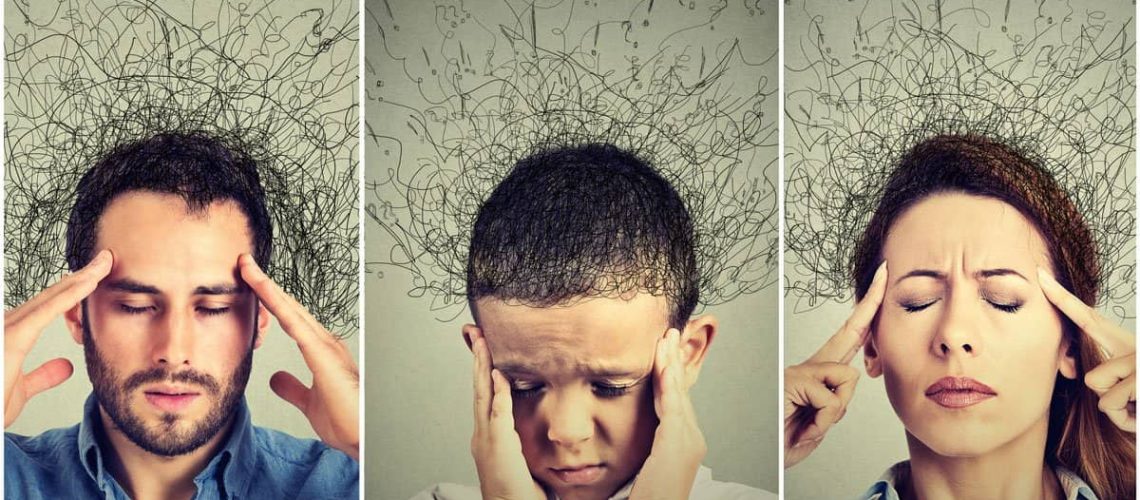1) Can Anxiety Kill You?
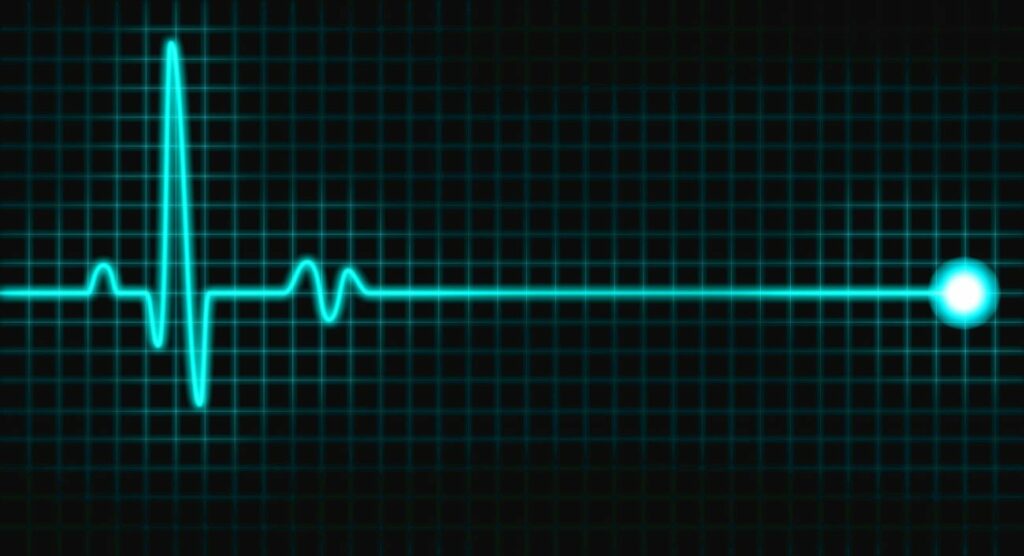
The short answer is no. There are no cases where we can say that anxiety itself has caused the death of someone. There are some cases where those with serious heart conditions have died from a sudden onset of anxiety constituting a panic attack, but in the vast majority of cases, severe anxiety and panic attacks are not in-and-of themselves life-threatening.
Panic attacks are usually intense. People often experience feelings of being “out of control” or fear they are going to lose their minds. However, panic attacks are always temporary – the human body simply can’t maintain the level of physical tension accompanying a panic attack for too long. Eventually, the symptoms will subside and the body will relax. It is important to keep this in mind if you are experiencing a panic attack.
Another thing that can make panic attacks so frightening is not knowing you’re having one in the first place. In these instances, people often fear they are having a heart attack, which only intensifies the feeling of panic.
Watch for these common signs of a panic attack and remember to tell yourself that it’s only temporary:
- Hyperventilation
- Shortness of breath
- Chest pains
- Feelings of weakness
- Nausea
- Headache
- Sweating
- Shaking and trembling
- Feelings of detachment
- Dizziness
What Can You Do To Stop A Panic Attack
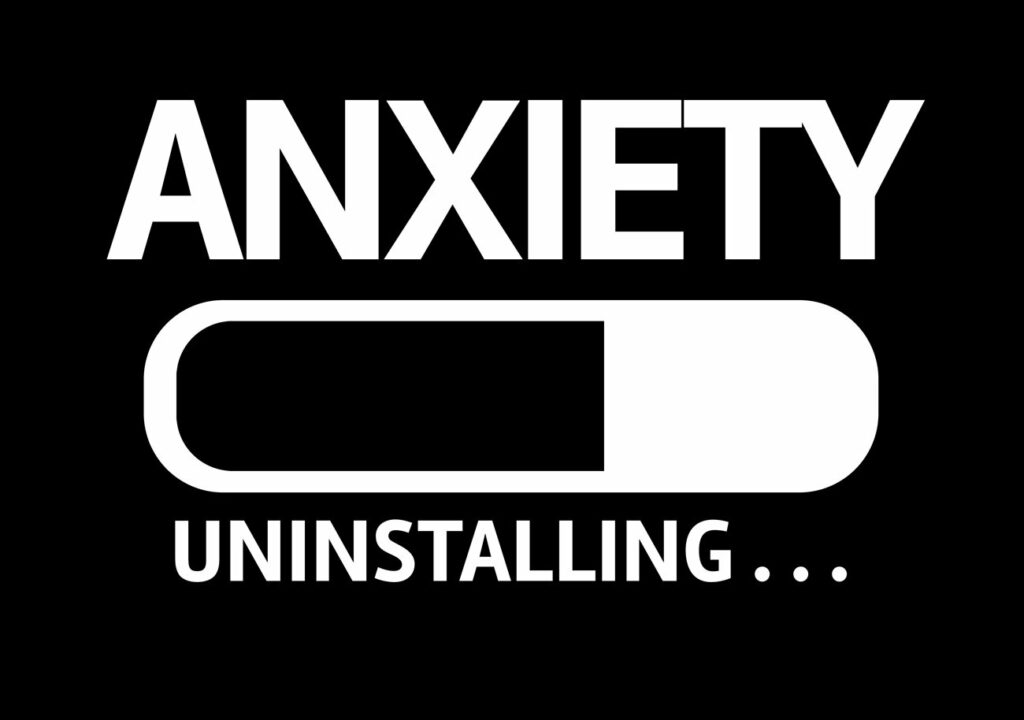
The first thing to do is to remind yourself that you are having a panic attack and it is only temporary. Panic attacks can only last for so long.
The second thing to do is begin breathing deeply. Panic attacks are the result of fight-or-flight processes in our brains that we can’t control. We essentially have to wait them out and allow the process to exhaust itself. However, there is one thing we can do automatically to expedite the process, and that’s deep breathing.
Breathing deeply through your nose will naturally relax your brain and, in turn, the rest of your body will follow. Breathe in through your nose for about six seconds, then breathe out through your nose for roughly 7 to 8 seconds. Repeat this process throughout the duration of your panic attack and watch it begin to dissipate.
While breathing, it’s important to “breathe into your stomach’,’ so to speak. The reason for this is that it allows your lungs to expand more, getting more oxygen to your brain.
2) Can Anxiety Cause Pain?
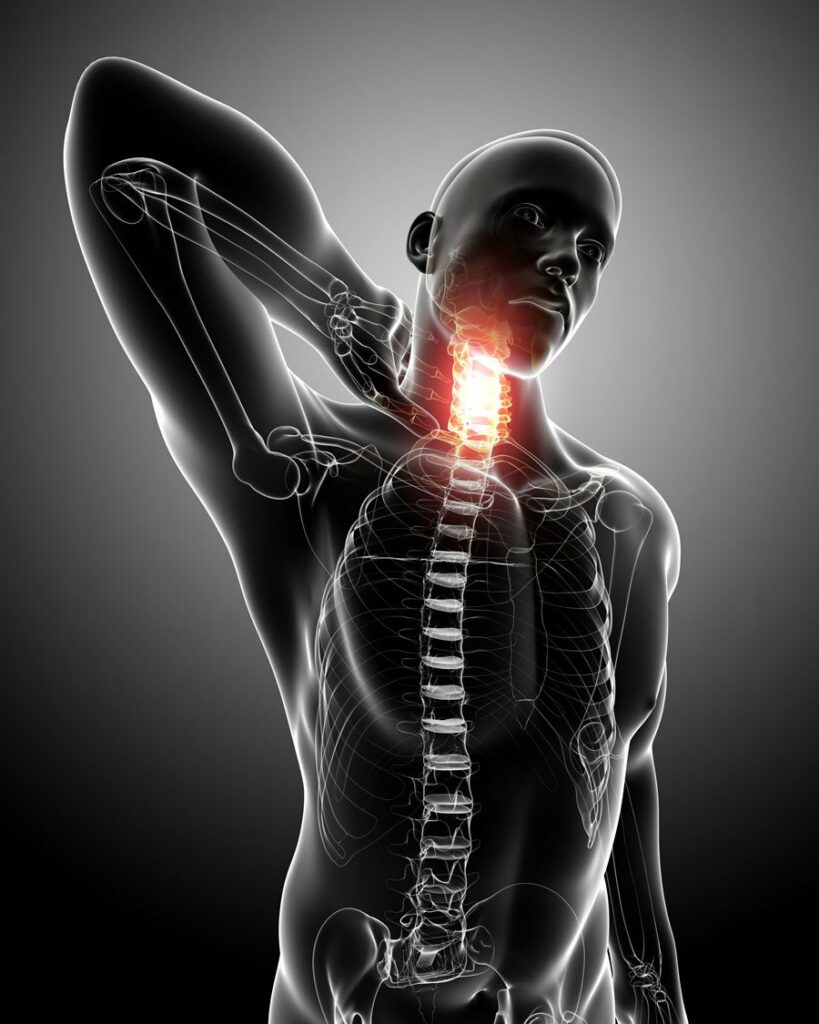
While anxiety is commonly seen as a mental-emotional phenomenon, it can manifest very real physical symptoms. This is especially true for people who suffer from chronic anxiety disorders.
Many people with chronic anxiety experience muscle tension and soreness, headaches, and nausea. This is because anxiety, while primarily experienced mentally and emotionally, is a very physical process.
Some of the most common pain disorders associated with chronic anxiety are:
Back & Neck Pain
Anxiety causes our muscles to tighten, preparing us to defend ourselves or flee from a threat. People with chronic anxiety disorders often feel sharp aches and pains in the neck and back anywhere along the spine. Strenuous activity usually increases this pain, and sitting or standing for long periods of time often results in pain in the middle or lower back.
Fibromyalgia
Although many people suffer from fibromyalgia, the condition itself is still something of a mystery.
Many healthcare providers believe fibromyalgia is the result of atypical nervous system responses. The body essentially over-interprets stimuli and registers pain when it otherwise shouldn’t.
There are some parallels here with chronic anxiety disorders, as those with these disorders often fixate on or over-interpret situations that normally wouldn’t cause excessive anxiety.
Symptoms of fibromyalgia include:
- Fatigue
- Muscle soreness and tenderness
- Sleeping difficulties (usually excessive sleeping that does not result in feeling rested)
- Headaches
- Cognitive difficulties (problems paying attention and memory loss, sometimes called “fibro fog”)
Fibromyalgia can cause what many refer to as “pain regions” – usually mild to severe aches and pains across various muscles.
Arthritis
People with chronic anxiety often develop arthritis – a general term for a wide variety of musculoskeletal system conditions, usually in the joints.
Arthritis symptoms include:
- Stiffness
- Pain
- Inflammation
- Joint cartilage damage
- Joint weakness
3) Can Anxiety Cause Depression
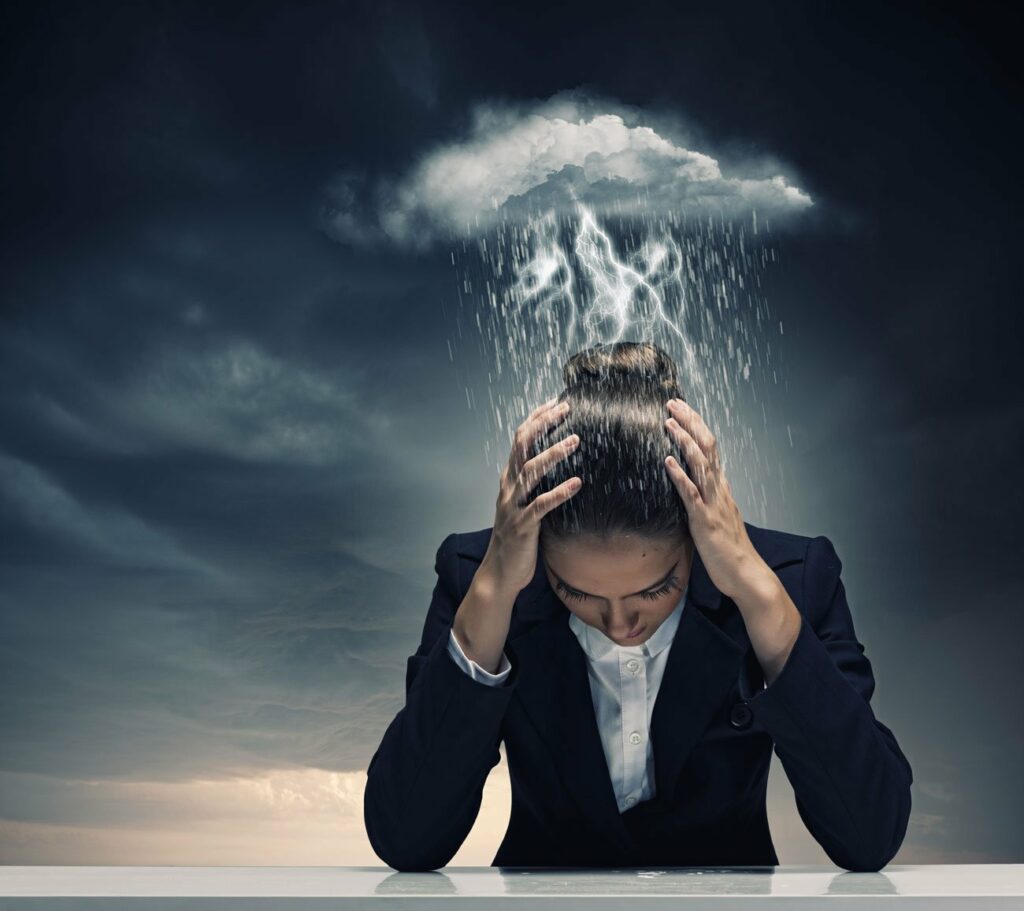
Anxiety and depression are often linked. One explanation is that chronic anxiety disorders are bad for your health. They will drain someone of energy and vitality over time, leading to feelings of fatigue, dissociation, irritability, and general feelings of unhappiness. These symptoms combined can manifest in something that is basically indistinguishable from depression. If you are going through your day battling a barrage of fears and anxieties, you’re bound to end up physically tired and mentally fatigued.
However, anxiety and depression are also linked in ways that are a bit more subtle.
Anxiety and depression are often related parts of a cycle and result from the same causes. We have negative or fearful feelings or thoughts on a certain subject which leads to excessive amounts of anxiety; this anxiety builds and persists as our thoughts dwell on said subjects; the more we focus on these subjects the more exhausted our bodies and minds become, resulting in periods of lethargy and repose until our bodies are prepared to handle the anxiety again. The cycle then continues.
Fortunately, there are many ways in which anxiety and depression can be treated, most notably:
- Techniques for relaxation – Meditation and mindfulness are great tools for reducing the anxiety and depression coming from various thoughts. One reason for persistent anxious thinking is not actually processing or integrating our fears; instead, our minds are often a frenzie of coping mechanisms, rationalizations, and denial. Meditation helps us get a clearer view of the actual cause of our anxiety and how best to overcome it.
- Cognitive Behavioral Therapy (CBT) – Much like meditation, CBT is a way we can find the root causes of our fears. Once that is accomplished, overcoming them and taking control of your life becomes much easier.
- Exercise – Exercise is a natural way of releasing chemicals in our brains that make us feel good. Not only does it strengthen our bodies, it also strengthens our minds as well. People who exercise regularly feel more calm, relaxed, and get better sleep.
While anxiety and depression are serious issues that present a real challenge, it is possible to manage and overcome them. Many people who have suffered from these disorders have found strength and peace through a variety of methods and treatments.
You don’t have to be a victim of your anxiety disorder. There are many resources available to help you out, specifically professional therapists. There are also many online resources that provide excellent advice. Check out the following sources:
